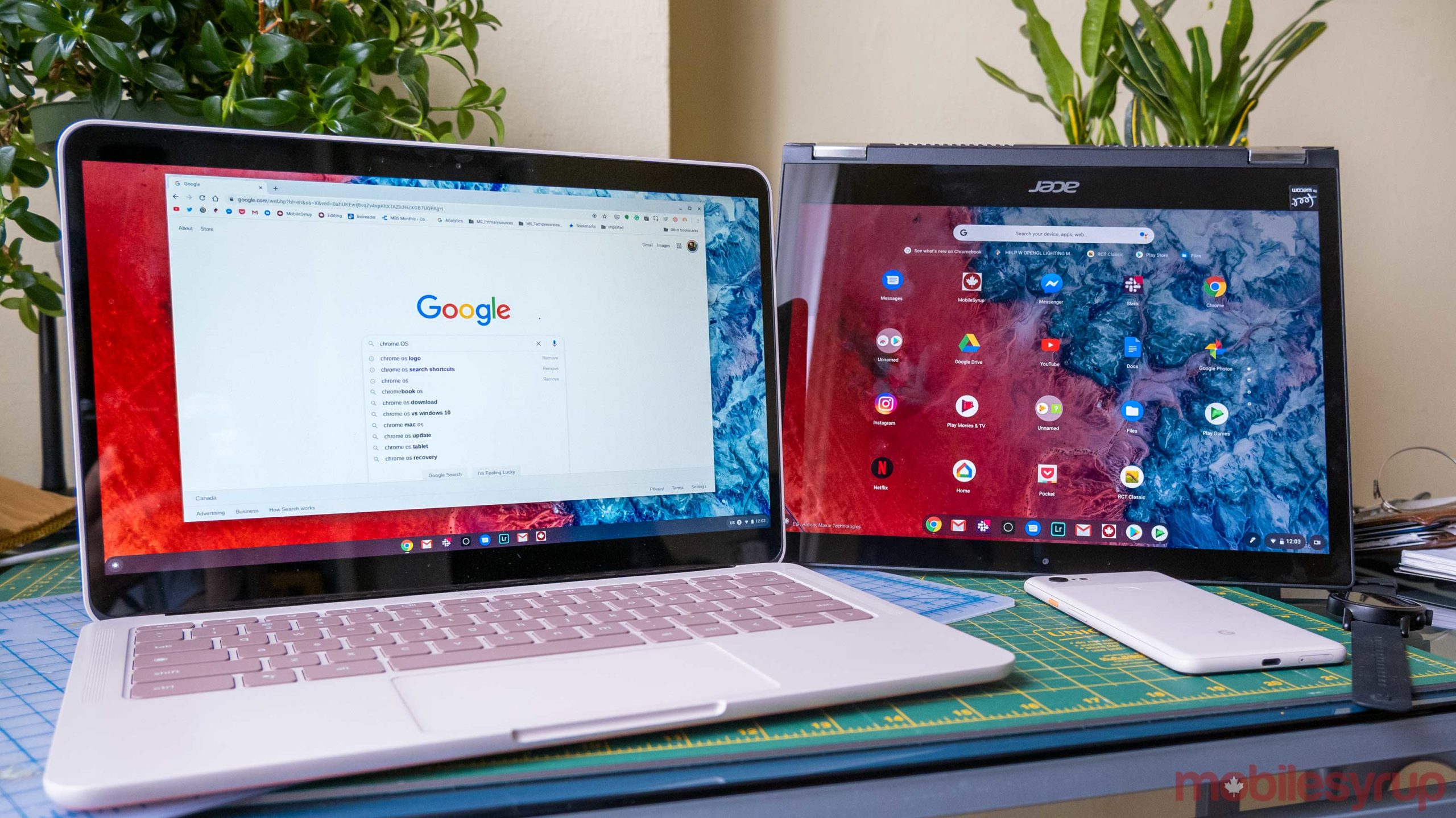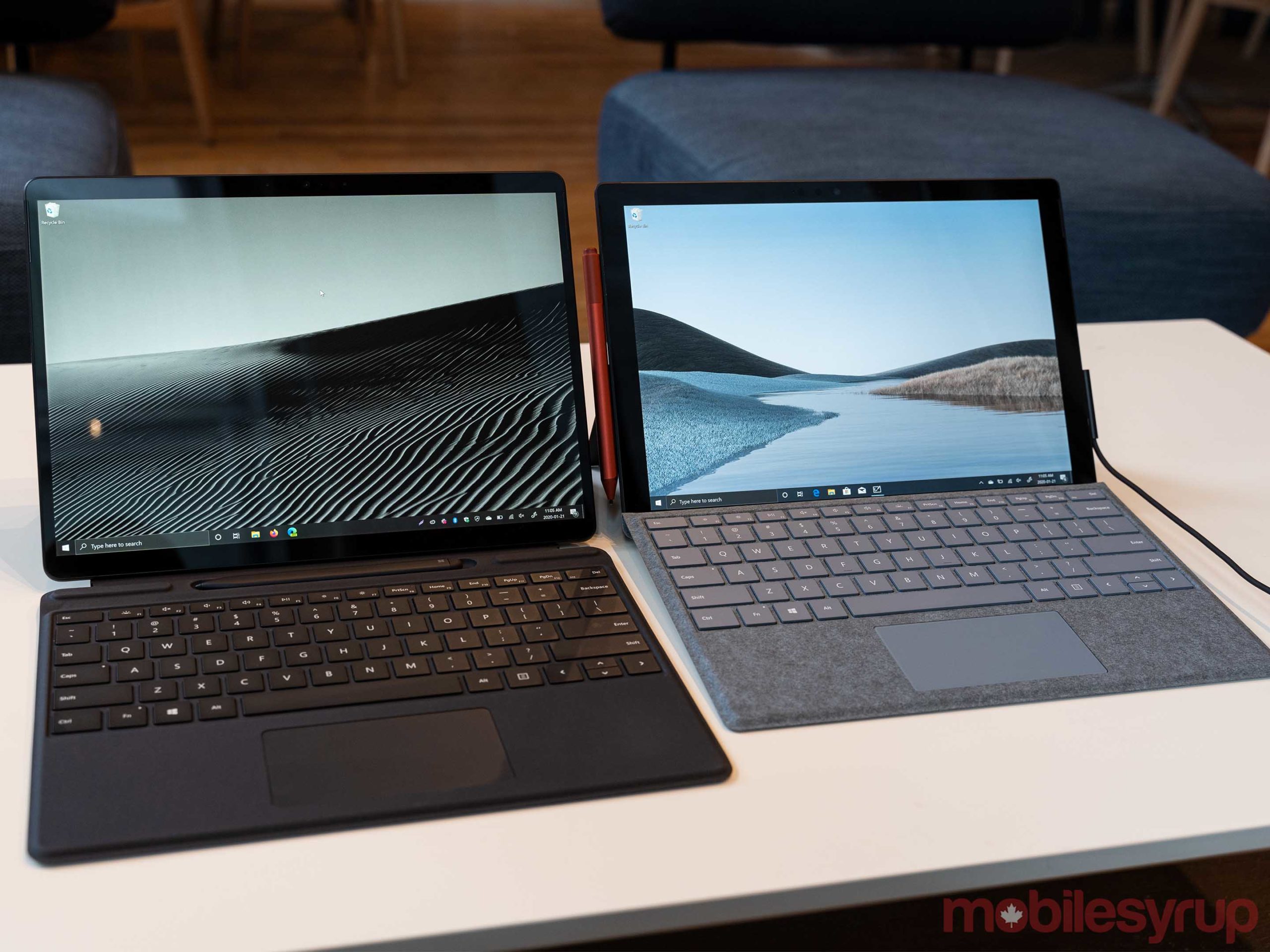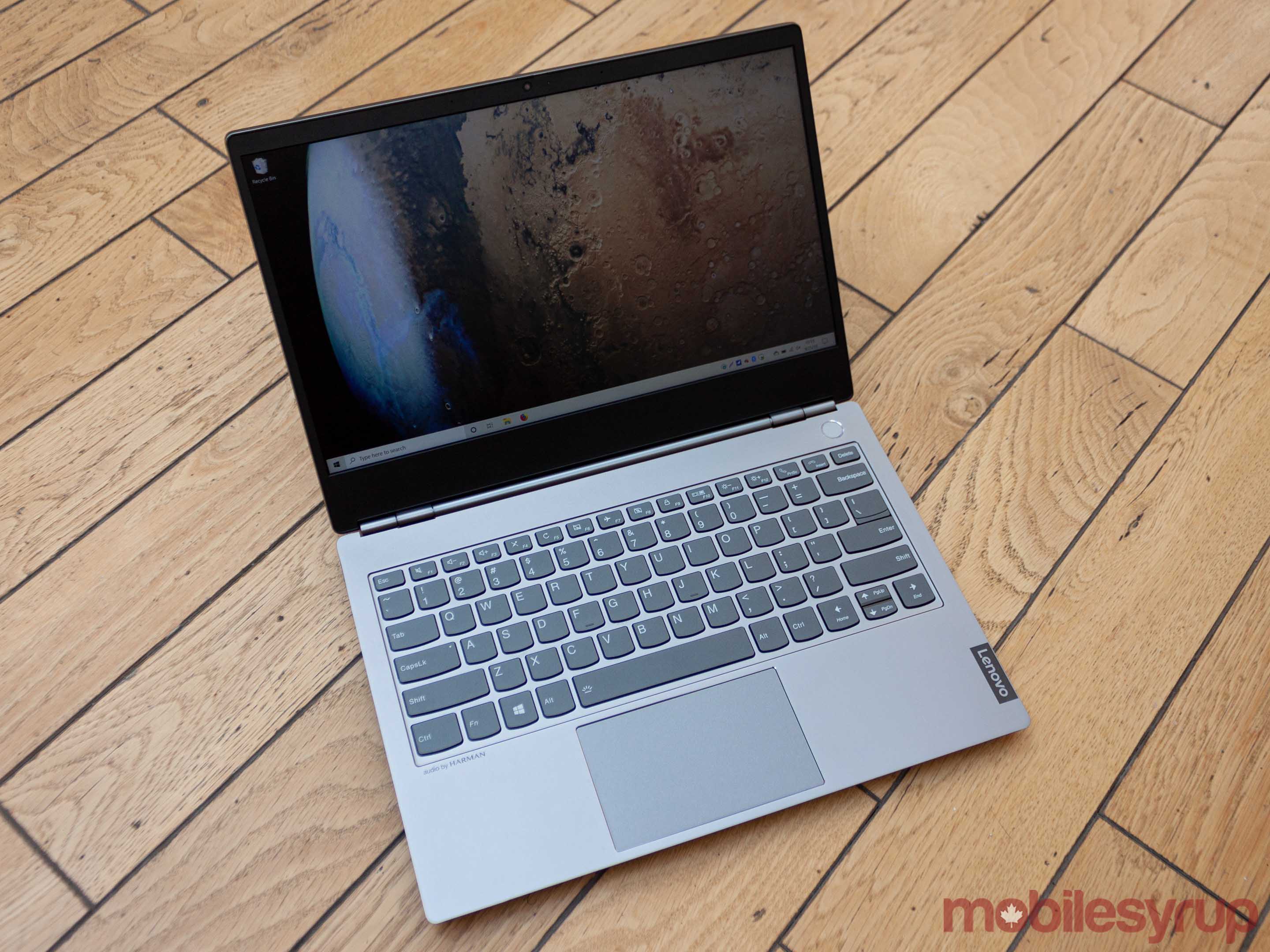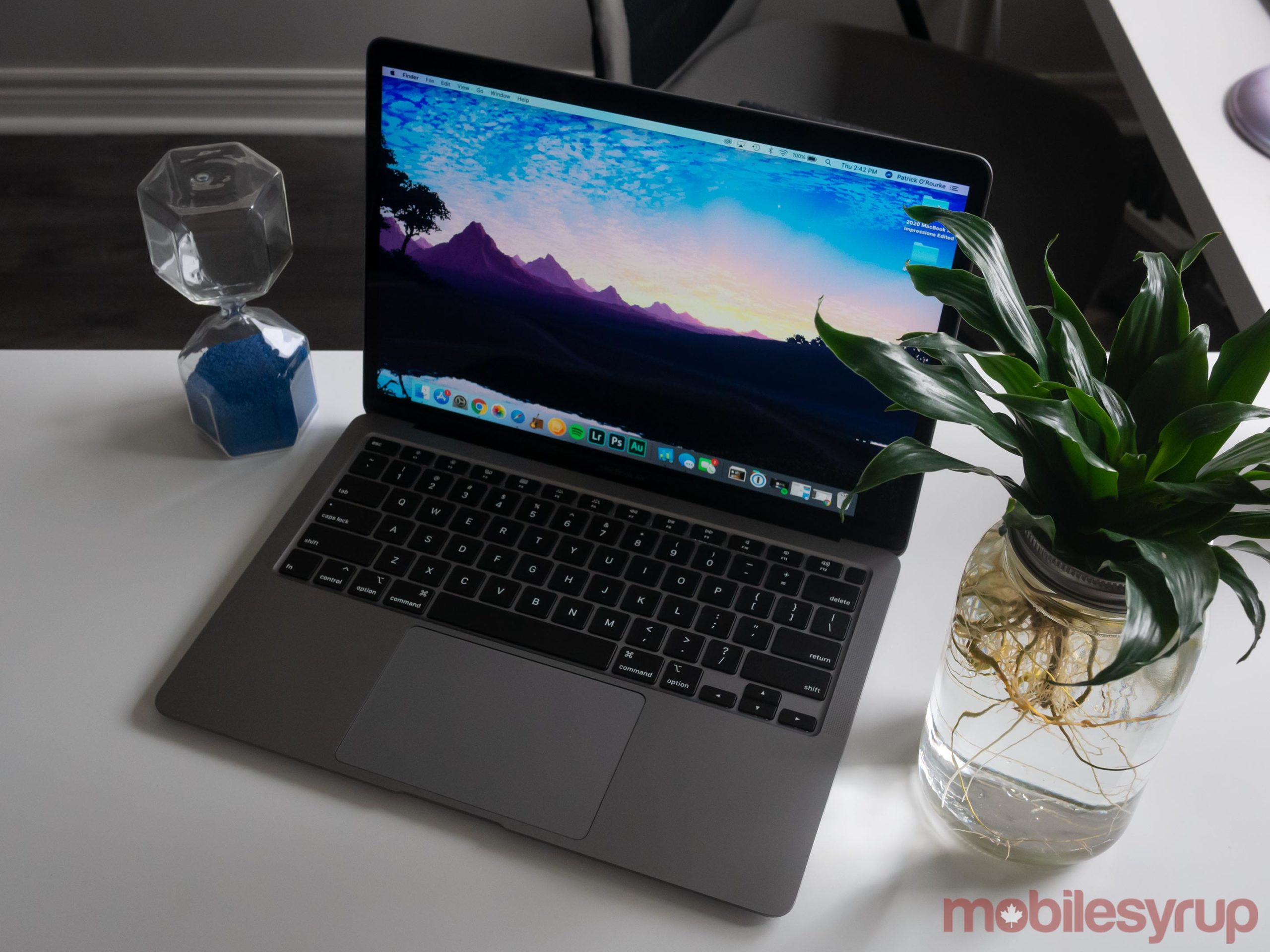
Over the last few weeks, I’ve had several friends ask for advice about what to look for while shopping for a new laptop.
Coupled with the impending ‘Back to School’ season — I know it seems far away, but that conversation always ramps up faster than you expect — and how the COVID-19 situation will impact school and work going forward, I thought it’d be prescient to lay out some basic advice for computer shopping.
Obviously, there are a variety of factors to consider when purchasing a new laptop, and I won’t be able to address them all here. This also isn’t about recommending a specific laptop with specific specs. Instead, I hope to provide some tips and questions to ask in order to help make the process as smooth as possible.
Also, for this article, I’m going to focus on laptops, but most of what I outline can translate to a desktop purchase as well.
Without further adieu, let’s get into it.
Figure out what you actually need

The most important step in shopping for a new laptop is determining your needs. What are you actually going to use the laptop for? Someone who just wants to take notes and browse the web will need a different machine than someone looking to edit photos and videos.
I’ve included some helpful questions to consider when deciding how you’ll use a new laptop.
- What apps will I use?
- Which operating system works best for those apps?
- Which operating system am I familiar with?
- Will I use my laptop for gaming?
- Will I need to move my laptop around a lot, or will I keep in one place most of the time?
- Will I use it off the charger often, or will it mostly be plugged in?
That’s not an extensive list, but it’s a few things to get you started. The goal here is to narrow down your use case so that you can pick something that will work well for you. I’ve seen several people consider a MacBook despite having only used Windows before and not needing any Mac-specific apps. Likewise, I’ve seen people consider a Windows laptop when their use case clearly favours a Mac.
At this point, it’s also important to set out a budget for yourself. How much you can spend and how much you’re willing to spend are good numbers to have in mind. However, be prepared to adjust as need be while you research — I’ve seen people with a $1,000 budget walk away disappointed when they found out how much the MacBook they had their eyes on actually costs.
Research, research, research

Once you’ve narrowed down your needs, the next step is to do a lot of research. I would recommend starting with the brands you trust. Everyone has horror stories about nearly every laptop brand, whether that’s hardware failures, software problems or other issues. In my experience reviewing laptops, most work fine and, aside from minor nitpicks, shouldn’t present any major issues. That said, there’s always the possibility of getting a lemon — it’s happened to me before, and likely will happen again.
What you look for will change drastically depending on the needs you identified. If you only need a low-cost computer for basic web browsing, Chromebooks are likely the best way to go. Someone who does a lot of drawing, on the other hand, could benefit from a Surface device.
Frankly, you probably don’t need to know the technical differences between an Intel Core i3, i5, i7 or AMD’s Ryzen 4000 Mobile CPUs, but you should be aware of which you should be looking for. Likewise, having an idea of how much RAM you need is also important. It’s also worth knowing what’s current since retailers often put older models on sale with great discounts. That’s fine in most cases, but if you’re hoping to squeeze several years out of a computer, buying a current model is usually worth the extra cost.
Once you’ve settled on a few laptops you like, the next stage of research is determining where to buy it. I would recommend checking several retailers — Best Buy, Canada Computers and The Source are all good starts. Online retailers like Amazon are good as well, and always check the manufacturer’s website directly. It’s important to compare prices, sales, bonus gifts and accessories.
Making the purchase

By this point, you should have one to three laptops settled on and know where you want to buy them. Unfortunately, with the ongoing pandemic, some of the next advice could be a little more difficult to follow, but it’s important nonetheless.
If it’s possible, I always recommend going to a physical store to get your hands on an actual laptop, even if you plan to buy online. That’s going to be hard right now with all the limitations and restrictions, but if you can do it safely, I recommend it. Reading reviews will only tell you so much, and things like keyboard and trackpad feel, screen size and other factors you need to experience yourself to make a decision.
Once you’re satisfied with your choice of laptop, you’re almost ready to make the purchase. The last few things to consider are warranties, set up and financing. Many retailers offer these services when you buy a laptop and they can all be helpful in some cases.
When it comes to warranty, the most important thing to consider is your history with laptops. If you often break or damage computers, get viruses or have other problems, consider the warranty options available to you and pick the one that will cover your needs. A limited manufacturer warranty should cover all laptops for things like defects, so familiarize yourself with that as well.
Some retailers will also offer to set up your new laptop, usually for a fee. Again, if you think you’ll have trouble moving from your old laptop to your new one, this is something worth considering.
Both of these are things that may feel less necessary if you’re very computer savvy.
Finally, financing can help ease the financial cost of upgrading by helping you spread out the cost. Again, do your research and make sure financing is right for you before you buy.
MobileSyrup may earn a commission from purchases made via our links, which helps fund the journalism we provide free on our website. These links do not influence our editorial content. Support us here.


